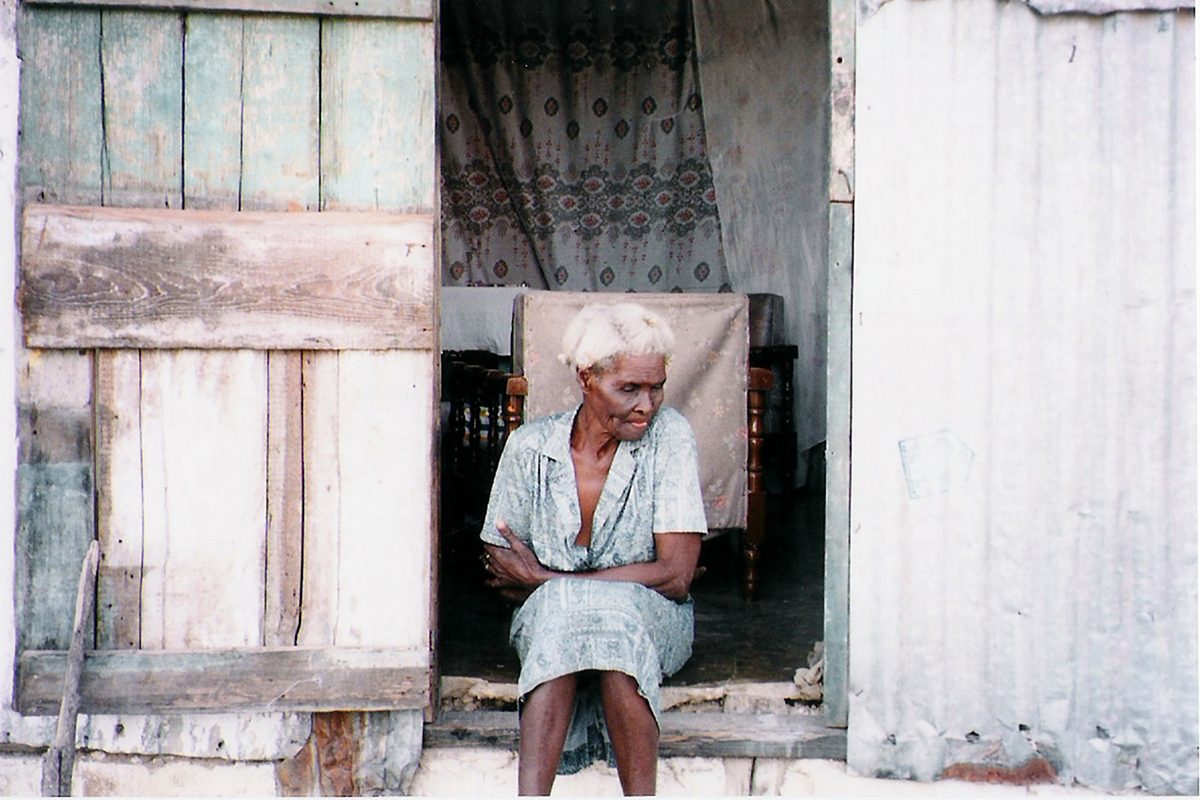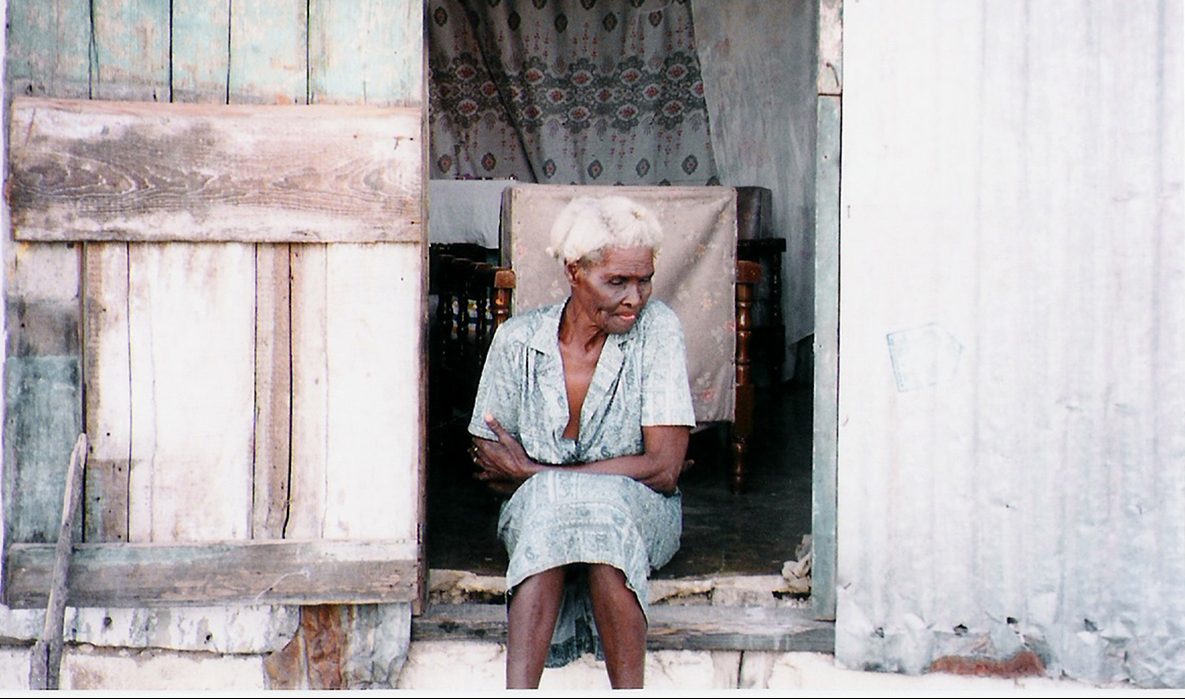
A reflection for the Twenty-seventh Sunday in Ordinary Time by Fr. Gary McDonald, SFM. Fr. McDonald lost his battle with lymphatic cancer in 1997. All his missionary service had been among the people of the Dominican Republic. First reading: Habakkuk 1.2-3; 2.2-4; Second reading: 2 Timothy 1.6-8; 13-14; Gospel: Luke 17.5-10.
Chapter 17 of Luke’s Gospel begins with Jesus telling the disciples, “It would be better for you if a millstone were hung around your neck and you were thrown into the sea than for you to cause one of these little ones to stumble.” Jesus not only talks about caring for the “little ones,” he also tells the disciples they must forgive those who have sinned against them.
Upon hearing these two demands, the apostles then ask Jesus to increase their faith so they will be able to do what he is asking of them. Jesus answers that they need only have faith the size of a mustard seed. He tells them that what he is asking of them is the least that they are required to do; it is simply their duty, if they claim to be his followers. He helps them to understand what it truly means to be his disciples.
“Yo no se nada. Yo no soy nadie.”
These are two expressions that can be heard so very frequently among poor people in the Dominican Republic. They signify, unfortunately: “I don’t know anything. I am a nobody.”
Such a lack of self-worth can be traced to the reality in which the poor live. So many social and political structures tell them that they are unimportant. A lack of medicine and proper medical facilities speak loud and clear that the poor aren’t worth what it takes to provide these necessities. The absence of schools and dedicated teachers proclaim that the children of the poor are not worthy to receive a life-giving education. The poor are ridiculed by the attitudes of many politicians except around election time. The list goes on and on of institutions and structures that reinforce the sense of nothingness already held by so many poor people, not just in the Dominican Republic but throughout the world.
I believe that one of the principal tasks of the Church and of all Christians is to help people to discover a sense of self-worth, to discover their dignity as daughters and sons of God. Part of the mission of Christ and our mission—that of bringing Good News to the poor—is precisely in conveying to people that they are important and loved by God.
By stating, re-stating, and demonstrating our belief that the poor are important, that they are indeed recipients of God’s love, gradually they come to the awareness that they can no longer say, “I am a nobody.”
Another important discovery people make is that they are important to one another. We all belong to the family of God.
As Christians, we are called to help people both near and far to see themselves as they really are, to discover in themselves the tremendous talents and gifts that the Lord has given them. We can and must affirm others, particularly the poor, and stand in solidarity with them in their efforts to live the fullness of life.

